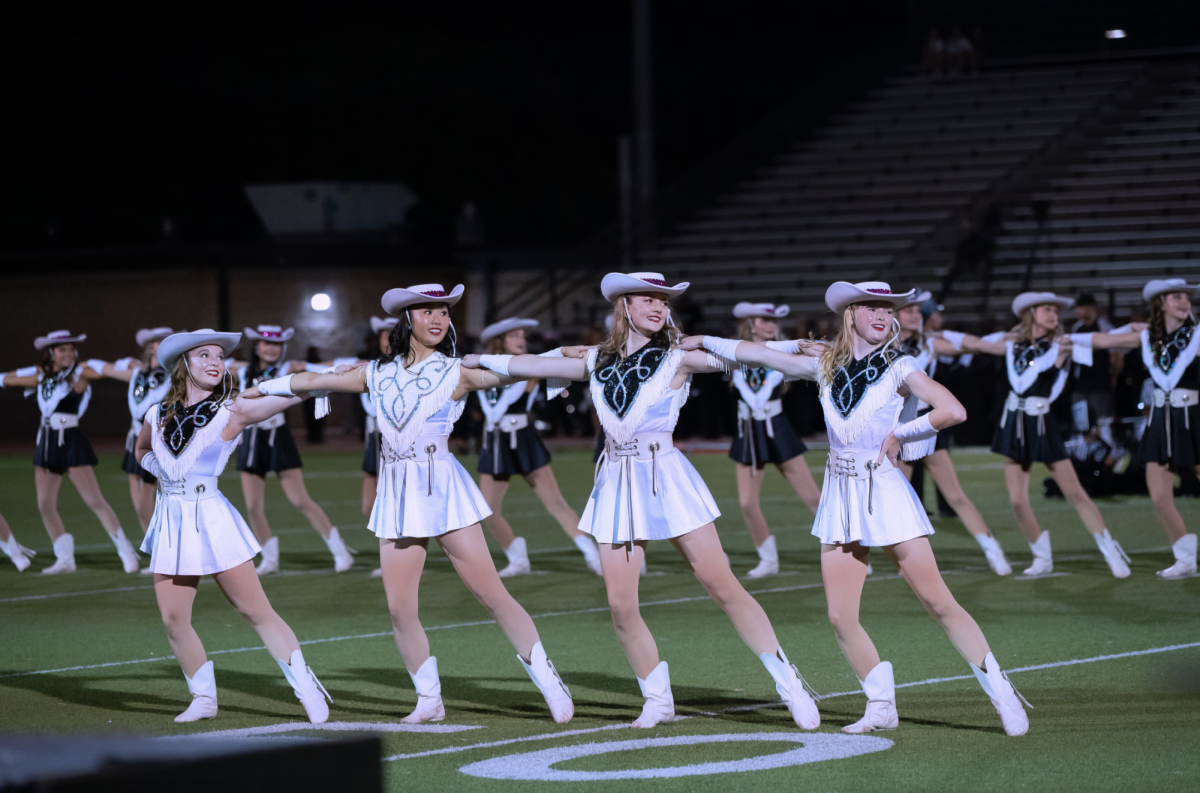Is LISD S.I.C.K?
The district has strict filters in place to keep students safe on the internet. Why are the same filters not applied to books in the classrooms?
April 27, 2021
Students across LISD will be absent from class tomorrow as part of the “S.I.C.K. Day” protest. However, none of these students are ill. They are protesting changes in LISD’s curriculum and the inclusion of inappropriate books in their classrooms as part of the “Stop Indoctrinating Our Children K-12 Initiative” started by a group of parents.
This may seem random, sudden or maybe just an excuse for students to skip class, but it’s actually the result of a nine-month long diplomatic battle fought by a few LISD parents. Parents who are against their students being exposed to graphic illustrations and language regarding gang rape, same-sex intercourse, molestation and BDSM in literature.
This is the same reason that I myself am not going to school tomorrow and why you should consider it too. I stand with the parents and teachers against the inclusion of these books and the shift of our curriculum away from learning and towards exposure. Social agendas have zero place in schooling.
To help put this content into perspective, the LISD internet servers have very strict filters on what students may view and search on their computers when using school devices and wifi. By allowing these books and curriculum inside the classroom, the district is essentially bypassing the filters they have put in place to protect students. Even though the material in these books would be caught by the district internet filters, the district has still chosen to put this material directly into the hands of students via books on school reading lists.
Another point that is being argued by the parents backing this new initiative is that the books’ Lexile scores are far from where they need to be to qualify as grade-level reading. To quote an anonymous teacher’s letter presented at an LISD board meeting on April 8, “My biggest concern with the curriculum is its focus on equity, which means that content is dumbed down enough so that the lowest student at the lowest level high school in the district can be successful.”
The listed Lexile scores of the controversial books are as follows:
“What We Saw,” 9th Grade English, Lexile 820 (5th grade reading level)
“In The Dream House,” 12th Grade English, Lexile 600 (3rd grade reading level)
“Out of the Darkness,” 9th Grade English, Lexile 660 (3rd grade reading level)
Books of these levels have no place in a high school classroom and the only reason they’re present now is because their contents push the district’s new agenda and can be easily absorbed by all levels of English students.
Supporters of the “Stop Indoctrinating Our Children K-12 Initiative” have worked yearlong to have their voices heard by the district. Now they are choosing to act in a way that they hope gets the district’s attention, through their pocketbook. Every student who is recorded absent tomorrow will cost the district an estimated $45. If a total of 100 students skip that’s $4,500. If 100 students from each of the six high schools skip class it will cost $27,000.
The reasons explained above are all reasons that have been used in the past to justify protests; overbearing push of social and political agendas in schooling, violation of the rights of parents, and silencing the voices of teachers.
As a junior I think I can speak for myself and the majority of my fellow students by saying that virtual school has made it much easier to stay on top of classwork and being absent for one day could not possibly interrupt learning schedules more than our one week snow break or other technical difficulties. Therefore, there is no issue with skipping school tomorrow and I believe both myself and my classmates have a higher moral obligation to skip than to attend.
So, are you going to school tomorrow?







